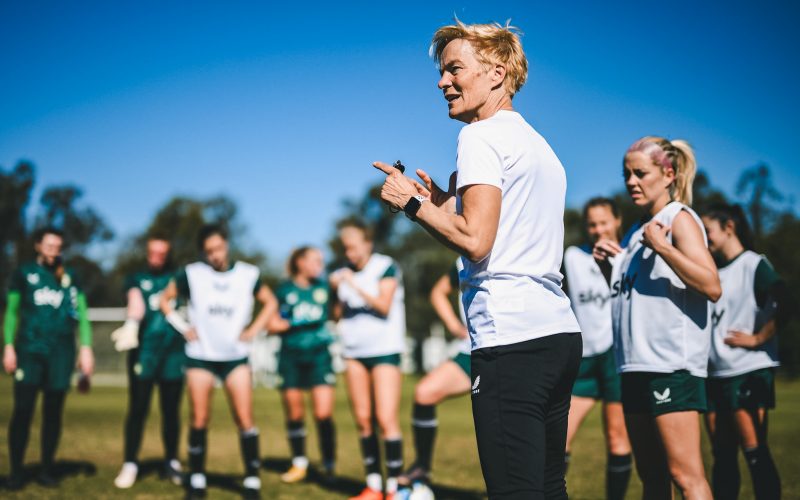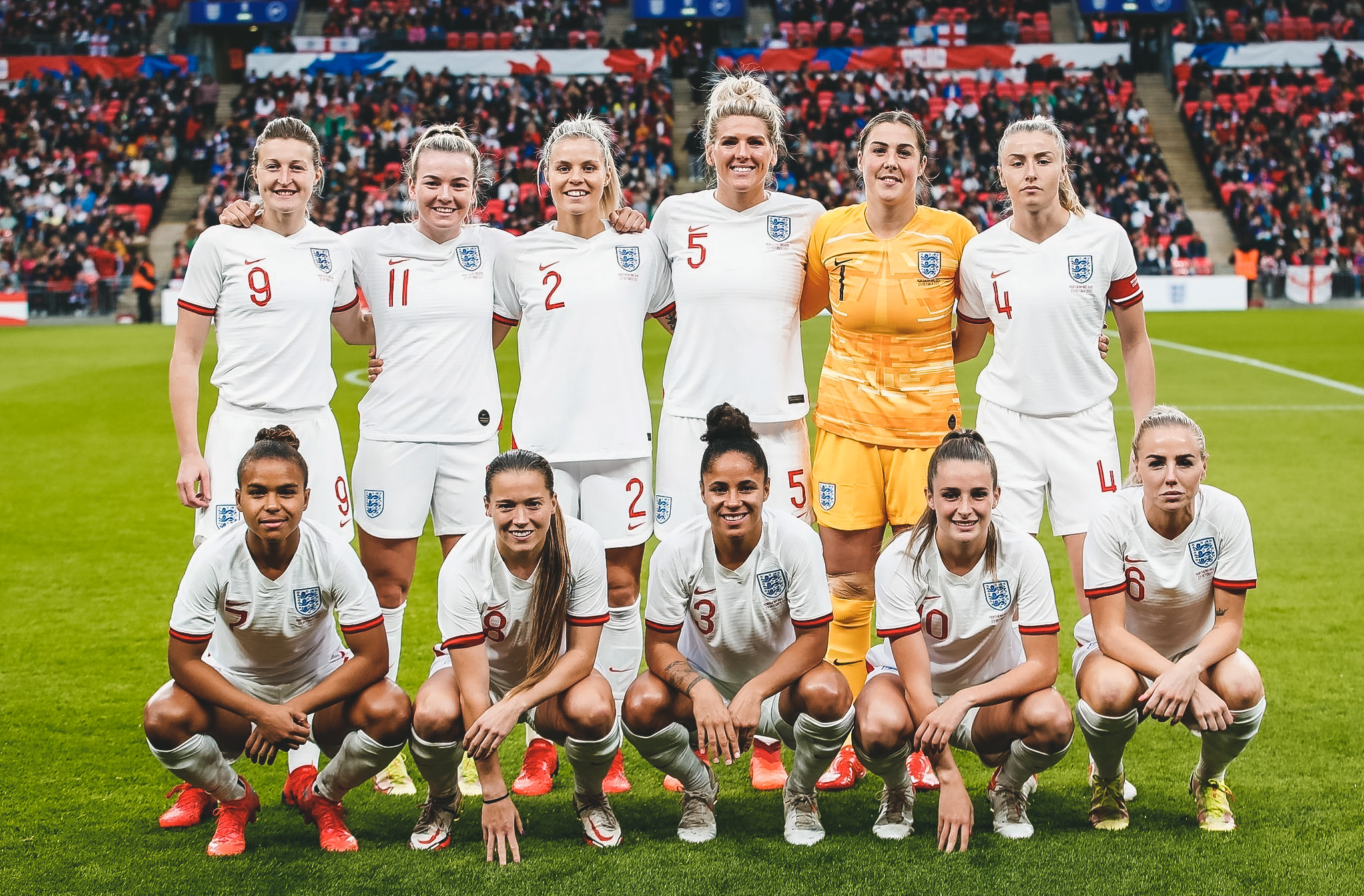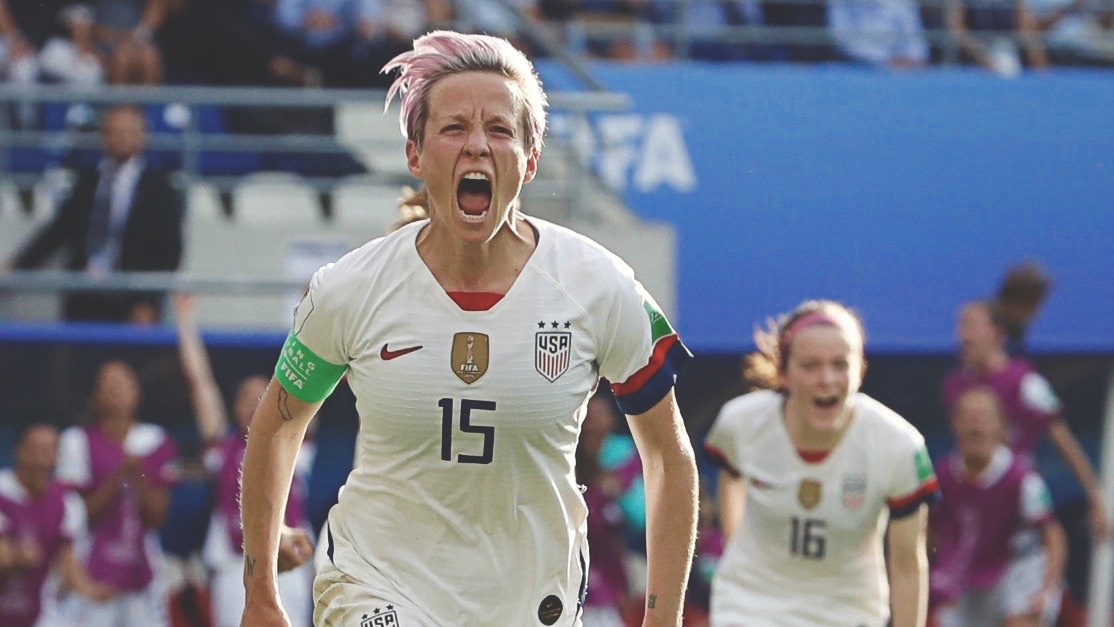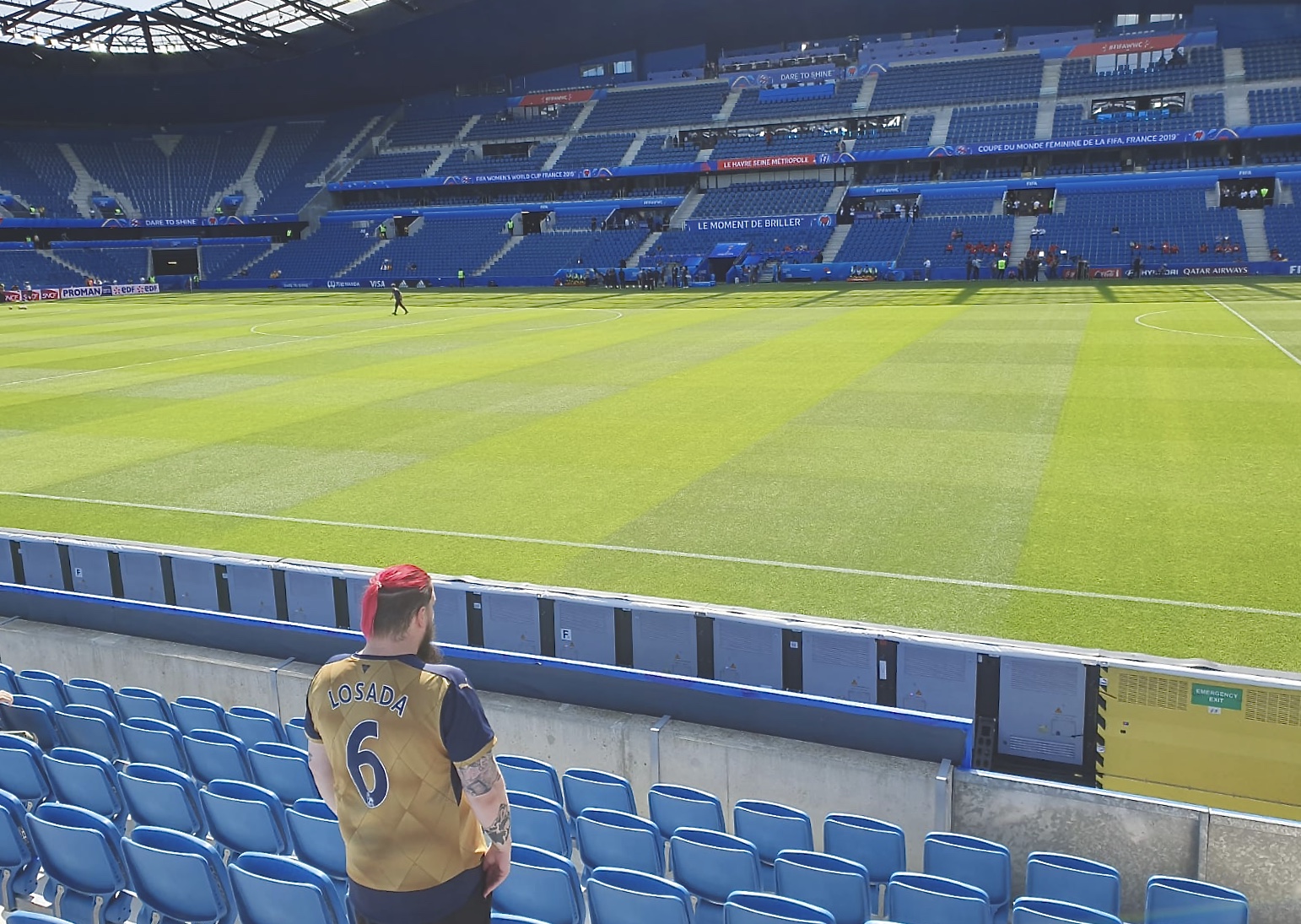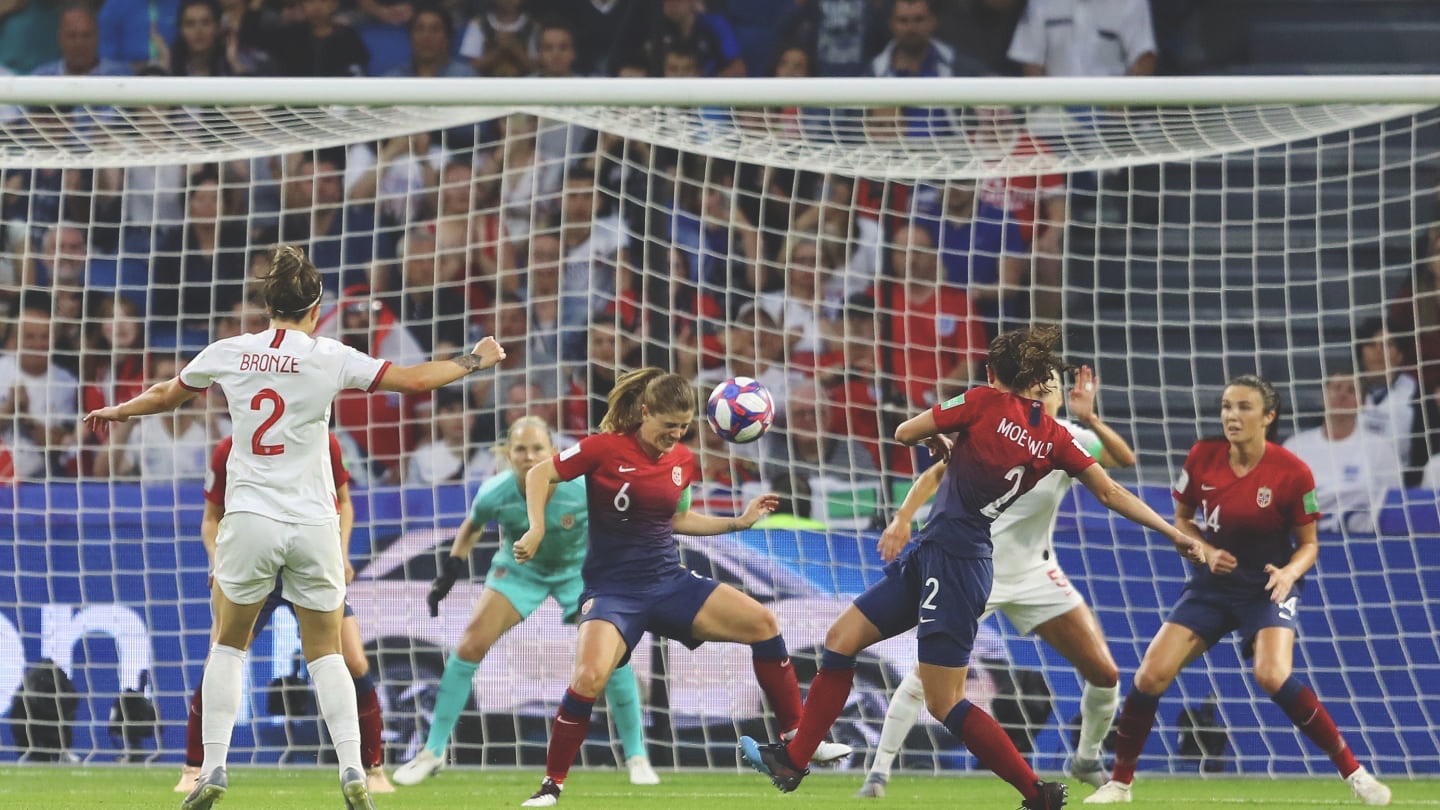The last time Ireland had World Cup fever, it was the summer of 2002. Roy Keane grabbed the headlines before the tournament had even begun when he was sent home from Saipan after a bust-up with manager Mick McCarthy. His teammates, meanwhile, made it as far as the Round of 16, losing to Spain on penalties. We’ve had to wait twenty-one years for a Republic of Ireland side to reappear on football’s biggest stage, and this time it’s our women’s team who are flying the flag in their first ever major tournament.
They’ve come a long way since their first competitive fixture, a 10-0 defeat to Sweden in a 1984 European qualifier. The underage sides have come tantalisingly close to success (the U-17s, featuring a young Denise O’Sullivan, were European semi-finalists and World Cup quarter-finalists in 2010, while current senior captain Katie McCabe was part of the squad that reached the semi-finals of the Under-19 European Championship in 2014).
It was only as recently as 2017 that the senior squad were protesting over pay and conditions, revealing that they had been made to share tracksuits with underage teams and change in airport toilets. There is, of course, still plenty of work to be done in the women’s game in general, but there is finally a feeling that the whole football-loving population of Ireland is firmly behind their women’s team in this World Cup, and you can bet they will receive a hero’s welcome when they do return from Down Under — whenever that may be.
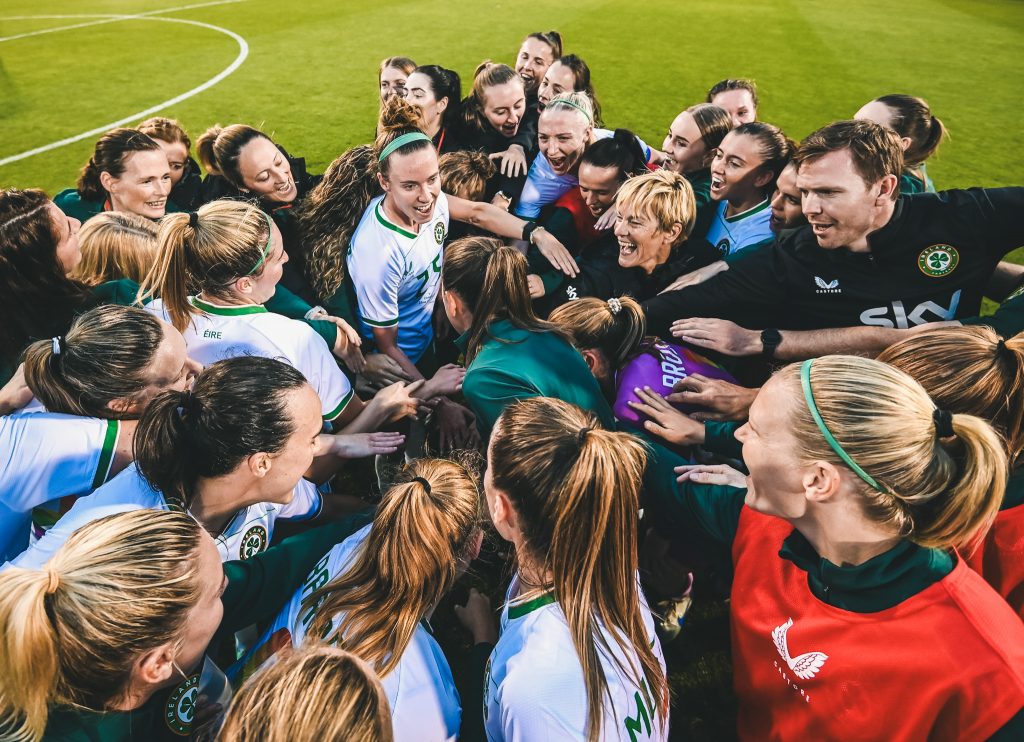
How did they get here?
The road to Australia started back in October 2021 with a 1-0 defeat to Sweden. Thereafter the Girls in Green went on an eight-game unbeaten run, which included two big wins over Georgia (11-0 at home, 9-0 away). A draw in the return fixture against the Swedes, two wins over Finland and a win and a draw against Slovakia left Ireland facing a crucial play-off with Scotland at Hampden Park in October 2022. Courtney Brosnan and Amber Barrett were the heroes of the night, the former saving Caroline Weir’s penalty and the latter coming off the bench to fire her side into the World Cup with a brilliant 72nd-minute strike.
Since that unforgettable night, some new faces have joined the squad and made their mark in friendlies (Manchester United’s Aoife Mannion, Marissa Sheva of Washington Spirit and Gotham FC’s Sinead Farrelly among them). A 4-0 win over Morocco was followed by a 0-0 draw with China, then two losses to world champions the United States (2-0 and 1-0, though the scorelines didn’t accurately reflect the Republic of Ireland’s battling performances on both occasions). The high of beating Zambia 3-2 was unfortunately eclipsed by a 3-0 defeat to France in their final match on home soil on 6 July, but it provided an opportunity for a sell-out crowd to wave them off.
How will they fare?
Ireland’s post-qualification period hasn’t been without its controversies. The team found themselves in hot water following their play-off victory in Scotland, as video footage emerged of players engaging in pro-IRA chanting during post-match celebrations. More recently, there have been fresh allegations of misconduct against manager Vera Pauw, dating back to her time in charge of Houston Dash in the NWSL, which she strongly denies.
Neither Pauw nor her squad are likely to be distracted by any of this in Australia, as they remain fully focused on the task in hand: going as far as possible in their first World Cup. Sky Ireland’s ad campaign for the women’s national team, launched back in April, is titled ‘Outbelieve’, and that’s exactly what these players will be aiming to do. They’ve already made history by simply qualifying for this tournament, but they won’t be content to stop there.
There can be no doubt that Ireland have a very tough group. Most observers will be expecting hosts Australia and reigning Olympic champions Canada to qualify for the knockout stage, while Nigeria — although ranked below Ireland — have played in every single Women’s World Cup and are the most successful national team on their continent, winning a record number of Africa Cup of Nations titles. The fact that Ireland and Nigeria have never faced each other before adds an extra layer of uncertainty to that particular fixture. The Girls in Green have, however, beaten the Matildas (3-2 in a friendly in Dublin in 2021).
Who’s missing, and who to keep an eye on
Several names will be disappointed not to have been included in the final 23-player squad. Defenders Megan Campbell and Aoife Mannion have had to miss out due to injury, while midfielder Jamie Finn is a particularly surprising omission given her form for Birmingham City last season, though she has been named as a training player.
Finn’s Birmingham teammate Louise Quinn will be one to watch in defence, particularly in the opening group game against Australia, as she kept Sam Kerr quiet in the two sides’ last meeting and scored Ireland’s winning goal. Katie McCabe, as ever, will be one of Ireland’s leading lights. There were worries as the Arsenal star was substituted off in the first half against France at Tallaght Stadium with an apparent ankle injury, but this seems to have just been a precaution and nothing a few days rest won’t solve.
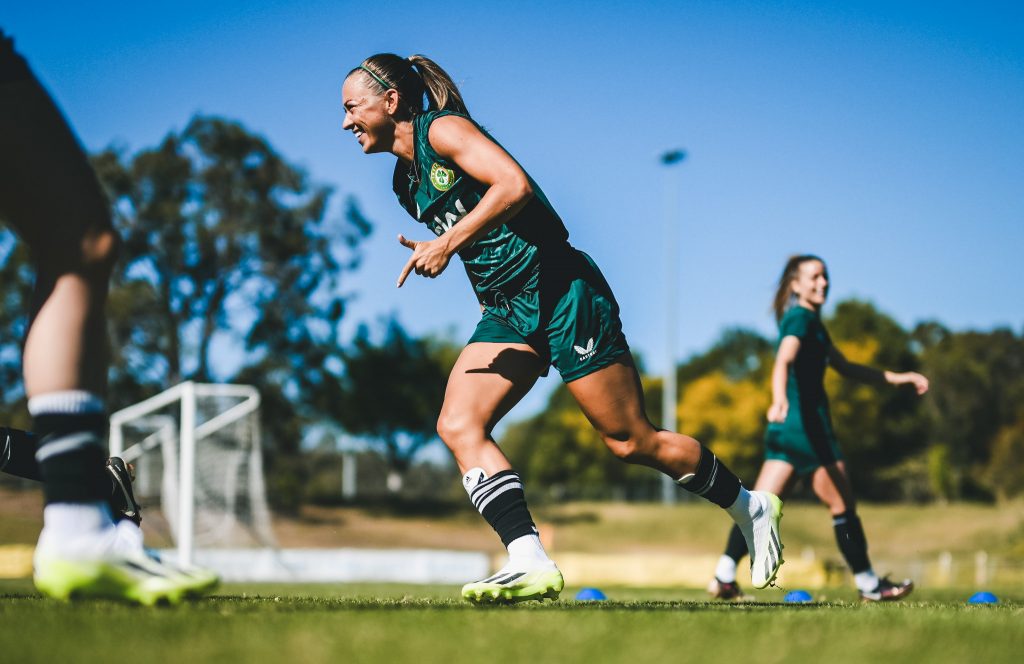
One player causing excitement among Ireland fans is American-born midfielder Sinead Farrelly, who made an impressive debut against the country of her birth in April after several years away from the game. She was easily one of Ireland’s best players in the France match, despite the defeat. The 33-year-old’s experience will make a world of difference to the team, as will that of Denise O’Sullivan, described by Vera Pauw as a playmaker who “has everything”. Up front, the pacy Amber Barrett will be hoping to get on the scoresheet after her Hampden Park heroics, while Everton goalkeeper Courtney Brosnan will be an assured presence between the posts.
Whatever happens in Australia, the experience will make this Irish team hungry for more and will be an inspiration to those players making their way through the ranks and hoping to pull on the green shirt in future World Cups.
Republic of Ireland World Cup Squad
Goalkeepers: Courtney Brosnan, Grace Moloney, Megan Walsh
Defenders: Heather Payne, Áine O’Gorman, Niamh Fahey, Louise Quinn, Diane Caldwell, Claire O’Riordan, Megan Connolly, Chloe Mustaki, Izzy Atkinson
Midfielders: Katie McCabe, Denise O’Sullivan, Lily Agg, Ruesha Littlejohn, Ciara Grant, Sinead Farrelly, Lucy Quinn
Forwards: Kyra Carusa, Amber Barrett, Marissa Sheva, Abbie Larkin





